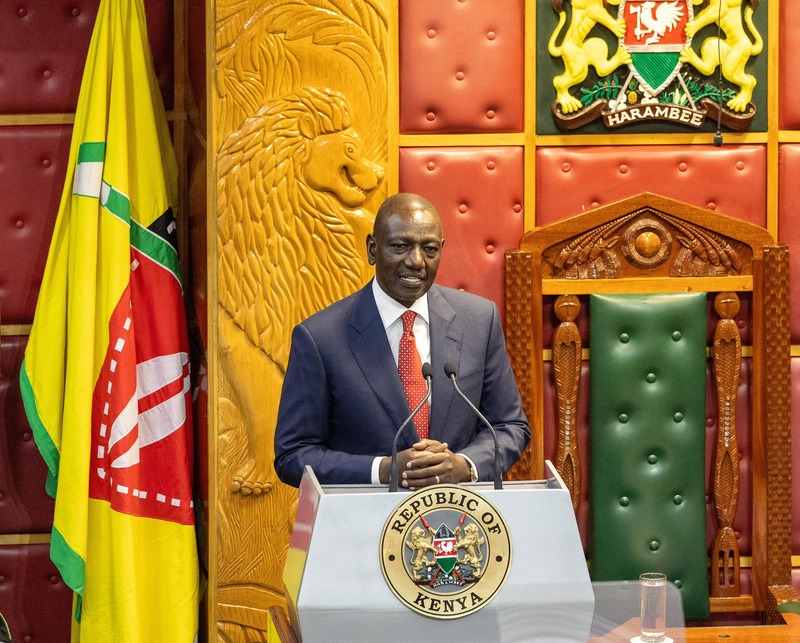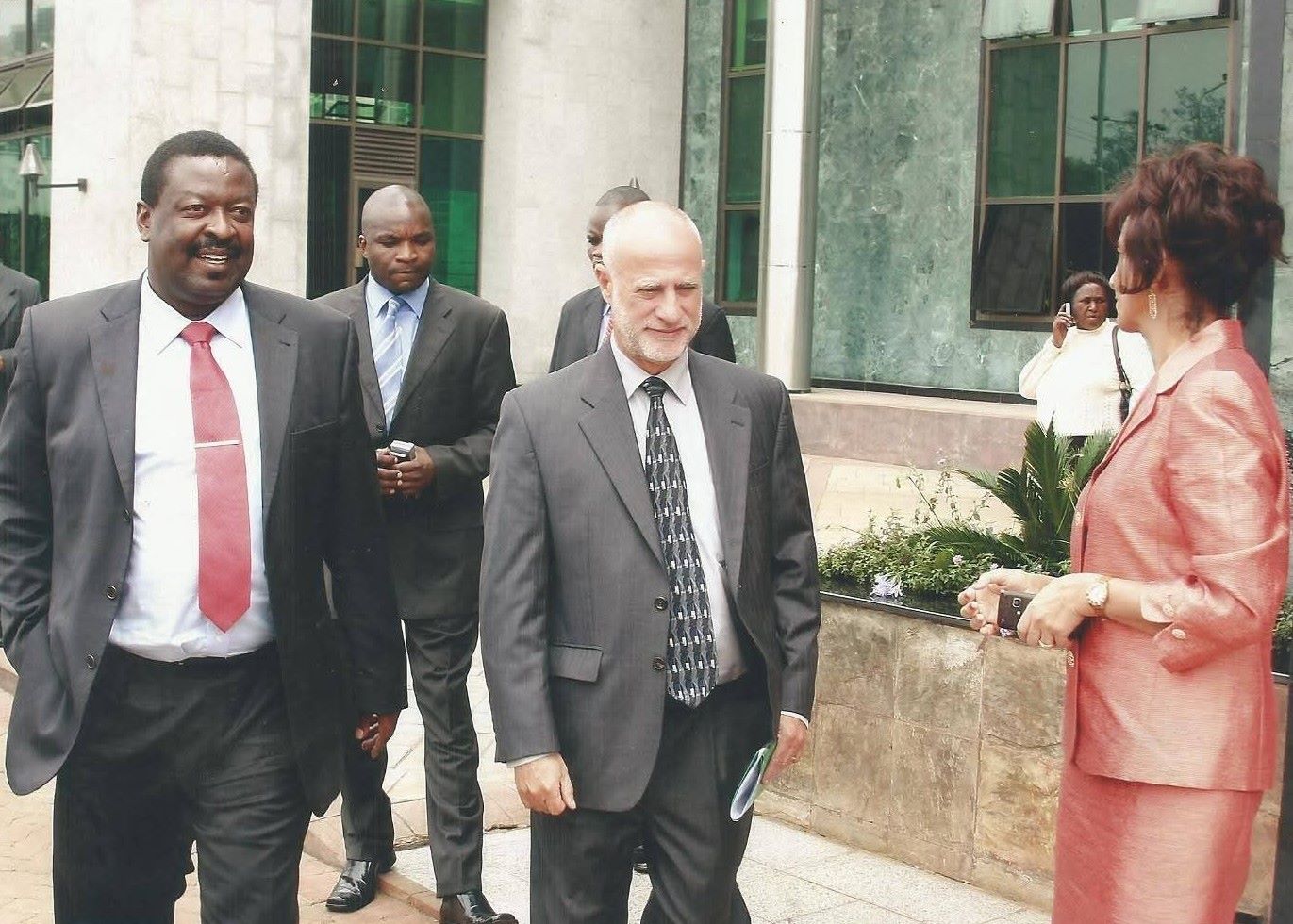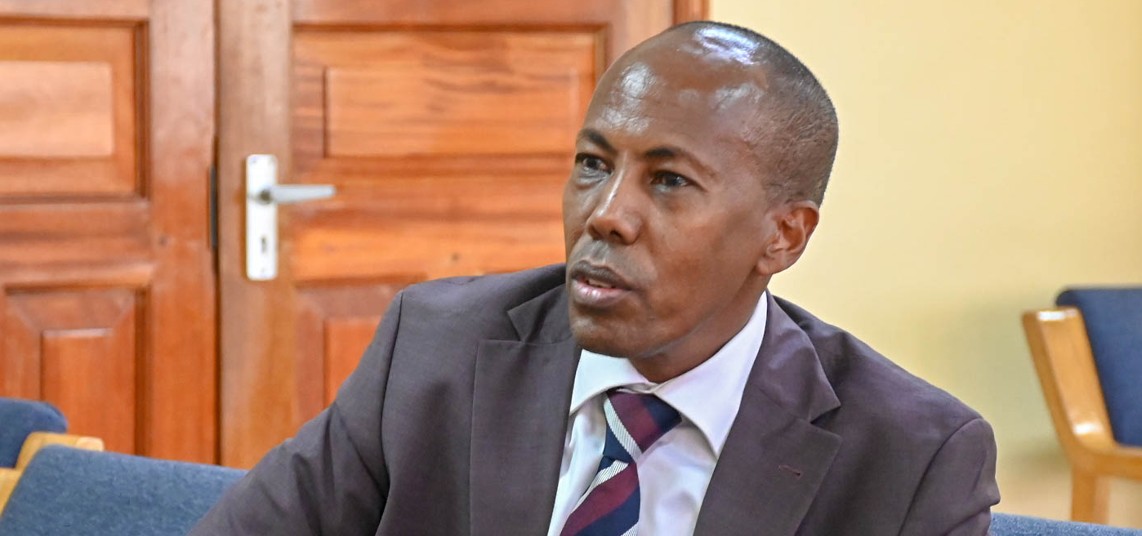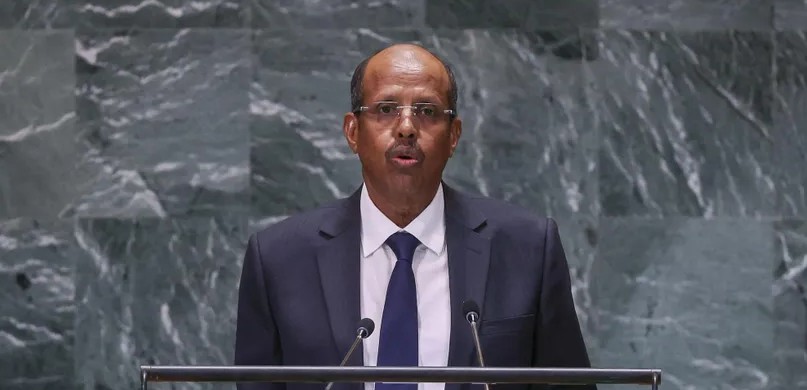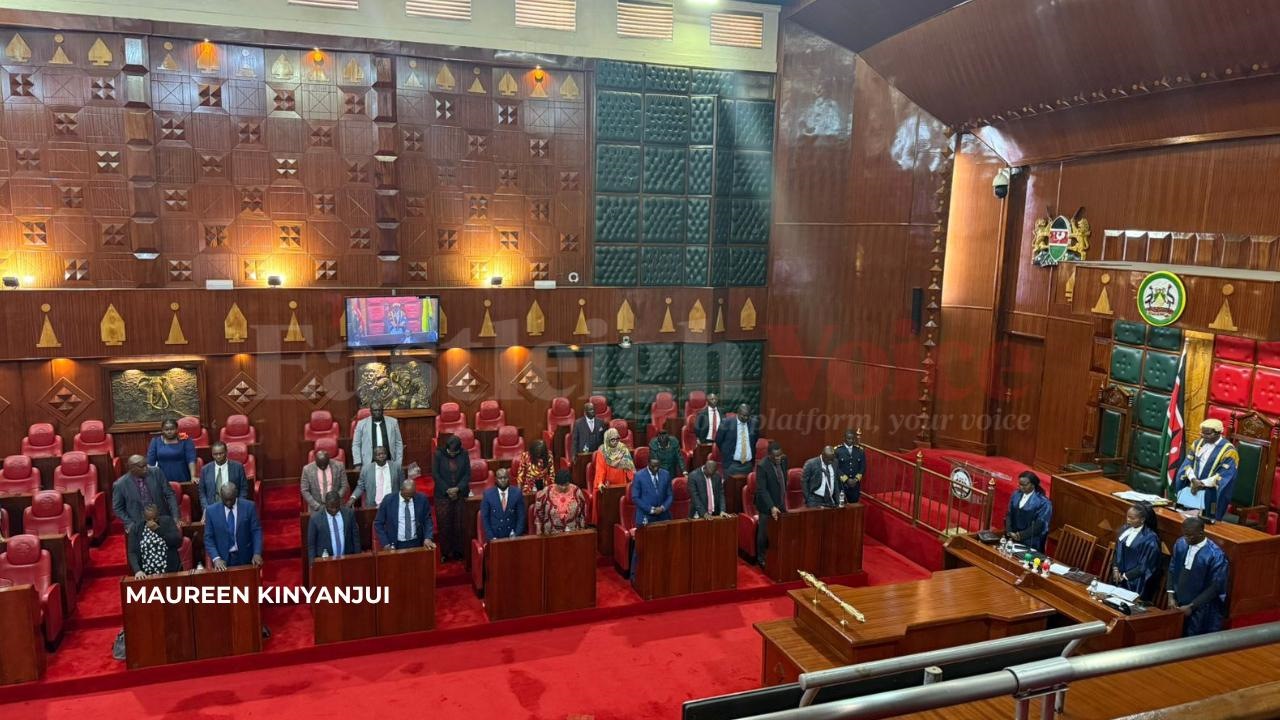Guantanamo Bay detainee Mohammed Abdul Malik Bajabu repatriated to Kenya

Bajabu, who was accused of involvement with al-Qaeda’s East African branch, was arrested by Kenyan authorities in Mombasa in 2007. He was transferred to Guantanamo weeks later.
The United States has released Mohammed Abdul Malik Bajabu, a Kenyan detainee held at Guantanamo Bay for over 17 years, marking a significant step in the facility's ongoing closure efforts.
Bajabu’s release, announced by the Pentagon on Tuesday, reduces the number of detainees at Guantanamo to 29.
More To Read
According to Al Jazeera, Pentagon Secretary of Defense Lloyd Austin notified Congress of the decision to repatriate Bajabu to Kenya last month.
The move followed a 2021 determination by the Periodic Review Board that Bajabu no longer posed a significant threat to U.S. national security.
Bajabu, who was accused of involvement with al-Qaeda’s East African branch, was arrested by Kenyan authorities in Mombasa in 2007. He was transferred to Guantanamo weeks later, where he spent years without formal charges or trial.
The organisation Reprieve US, which represented Bajabu, welcomed his release but highlighted the injustices he faced.
“The US robbed an innocent man of the best years of his life, separating him from his wife and young children when they most needed him,” a lawyer involved in his defense stated.
Bajabu’s ordeal began with allegations of torture during his initial detention in Kenya, which reportedly continued after his transfer to U.S. custody.
His lawyers and human rights advocates have long argued that his imprisonment was unjust and lacked sufficient evidence to substantiate the allegations against him.
“The least the U.S. can do is ensure that Abdul Malik receives the support and the space he needs to begin his life anew,” the lawyer added.
Bajabu’s family, who have lived without him for nearly two decades, are now preparing for his reintegration into society. His children, who were infants when he was detained, are now adults.
His release reignites discussions about Guantanamo Bay’s legacy and the treatment of detainees held without trial.
Established in 2002, the detention facility became a global symbol of controversial interrogation practices and prolonged detention. Efforts to close Guantanamo have spanned multiple U.S. administrations but have faced political and legal hurdles.
Top Stories Today

